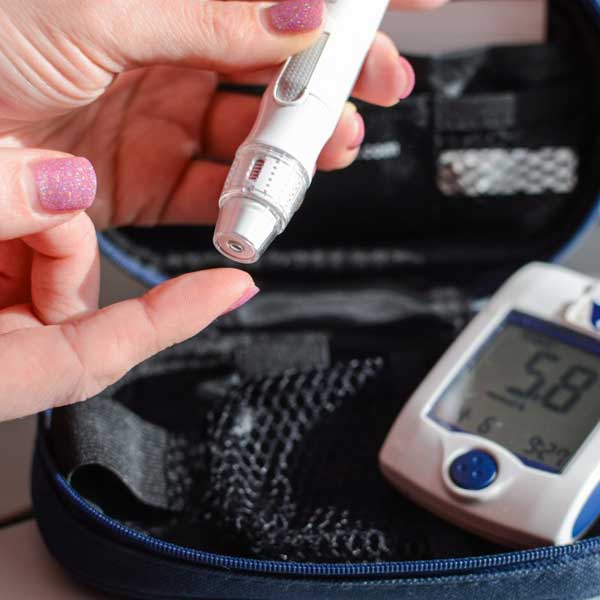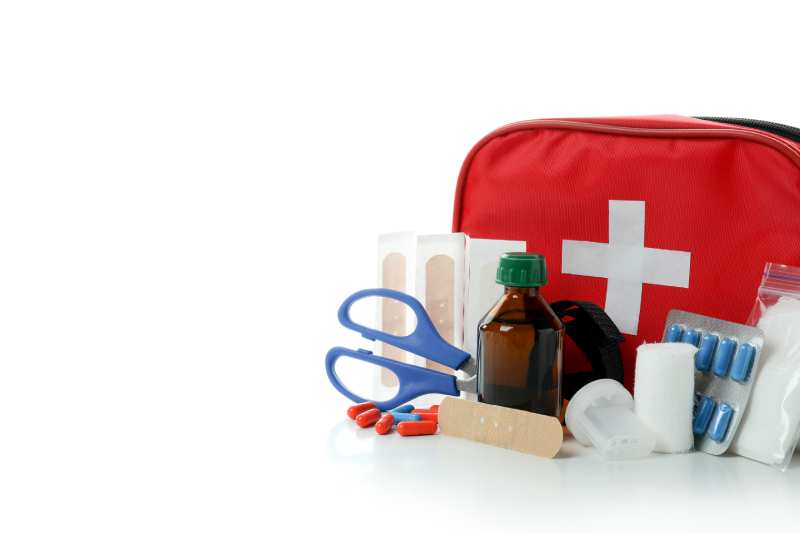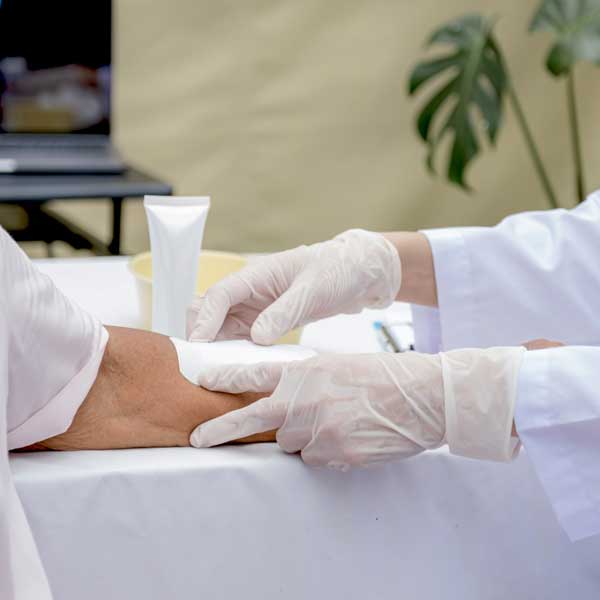Diabetes FAQ
Frequent Questions about Glucose Meters
Yes. Testing your blood sugar with a glucose meter is helpful for people who have diabetes. It detects hyperglycemic (high) and hypoglycemic (low) episodes, giving you and your doctor better control and can encourage you to improve your health.
Glucose meter can give you different readings because the accuracy of the current technology used for in home diabetes testing supplies are capable of testing within a 10-20% +/- margin of error. This level of accuracy is sufficient for decision making and therapy.
In general glucose meters themselves do not expire however the batteries and test strips do.
Glucose meters, when used correctly, are generally accurate. But occasionally they may be inaccurate. Consider the different factors that may be affecting your results such as test strips problems, extreme temperatures, or substances on the skin etc.
Yes, it is possible a glucose meter can be wrong. Due to the many variables inaccurate results can happen. Some problem to consider are test strips could be damaged or expired, they could be affected by heat or moisture, not enough blood was applied to the test strip, the specific test strips you are using are not designed for your meter, you could have contaminants (oil, lotion, food) affecting the sample area, to name a few.
Some glucose meters are able to test blood ketone levels in addition to blood glucose levels. Not all meters have this ability.
Old or faulty glucose meters may be placed in an e-waste recycling drop off center. Check your local council websites for locations and guidelines.
Blood glucose meters should not be shared if possible. The device should be cleaned and disinfected after every use if shared, per manufacturer's instructions.
Unused and unopened glucose meters, test strips, pen needles, lancing devices, and other supplies can also be donated.
Some problem to consider are test strips could be damaged or expired, they could be affected by heat or moisture, not enough blood was applied to the test strip, the specific test strips you are using are not designed for your meter, you could have contaminants (oil, lotion, food) affecting the sample area, to name a few.
Glucose Meters are usually covered in part by insurance but not always. Different plans cover different amounts of the necessary supplies. Check with your insurance plans to see what is covered for you.
Original Medicare covers continuous glucose meters through Part B of Medicare. It is important to make sure your doctor and durable medical equipment supplier are enrolled in Medicare, and you are prescribed the glucose meter by your doctor for in home use.
Still have a Question?
If we still haven't answered your questions, you can contact us below and we will be glad to assist you. Our goal is your satisfaction.






